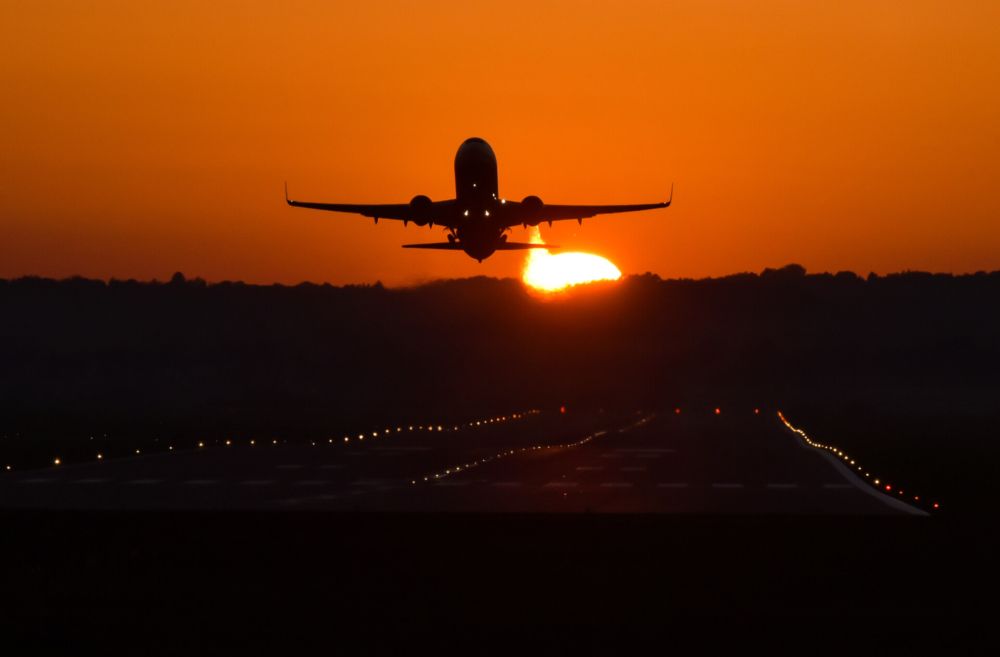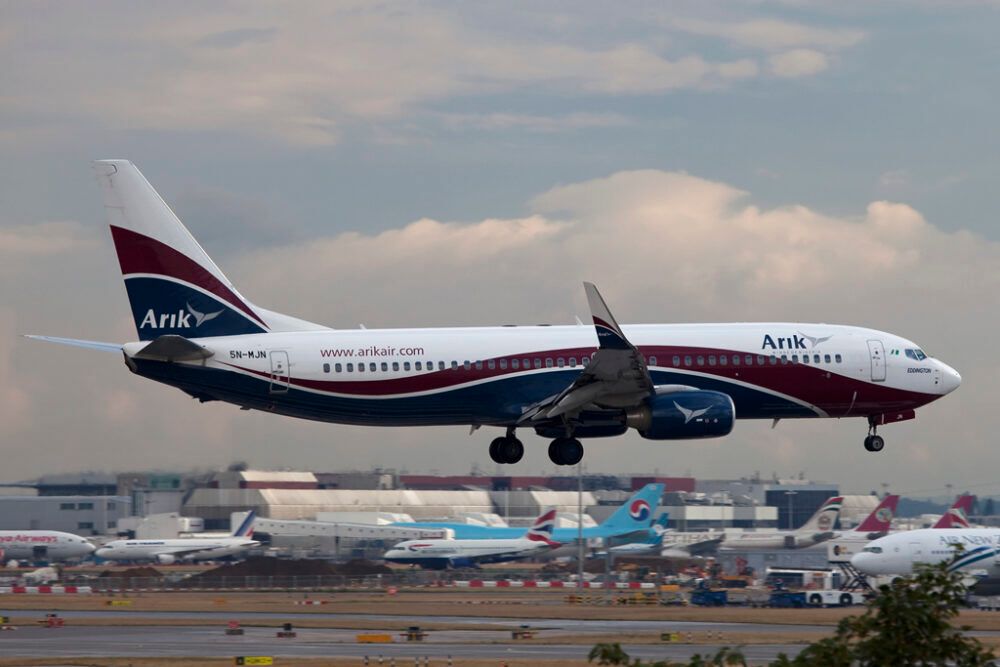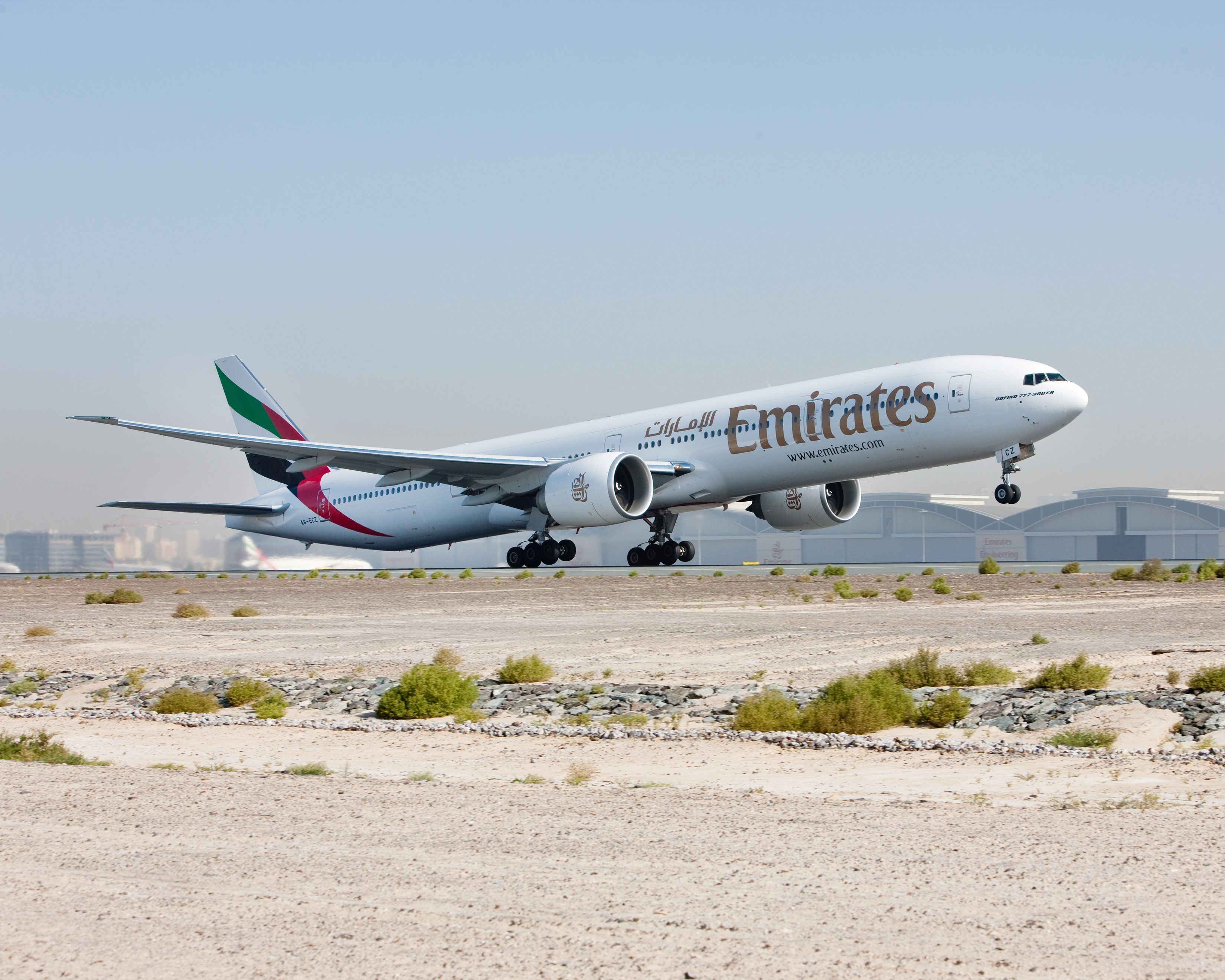The Nigerian independent newspaper, THISDAY, has published accusations that foreign airlines are ripping off Nigerians with exorbitant airfares. The report links high airfares to the $464 million in trapped funds belonging to airlines flying routes to Nigeria.
If you only get paid for half the ride, the price goes up
THISDAY says that Nigerians now pay three times more than travelers from other countries for the same destinations. Their report links that to threats from foreign carriers to abandon services to Nigeria unless their funds are repatriated. Currently, Nigerian travelers are paying around N1.2 million ($2,850) for a six to eight-hour one-way economy ticket and more than N$4 million ($9,500) for a business class fare. THISDAY says that industry stakeholders have described the fares as a rip-off, saying that passengers in other countries with trapped funds do not pay such outrageous fares.
International Air Transport Association (IATA) regional vice president for Africa, Kamil Alawadhi, told the IATA 2022 conference that resolving the issue of blocked funds was a key priority for the industry body. He explained that airlines were charging higher fares to Nigeria, earning a profit from one leg of the trip to cover the return leg where some tickets are sold in Nigeria, and the funds are trapped. He also expressed concern that fares might rise to the point where Nigerians would not be able to afford to travel.
On Thursday, Alawadhi said that IATA is disappointed that the amount of airline money blocked from repatriation by the Nigerian government grew to $464 million in July. "This is airline money, and its repatriation is protected by international agreements in which Nigeria participates."
"Airlines cannot be expected to fly if they cannot realize the revenue from ticket sales. Loss of air connectivity harms the local economy, hurts investor confidence and impacts jobs and people's livliehoods. It's time for the Government of Nigeria to prioritize the release of airline funds before more damage is done."
Nigeria risks being cut off from global aviation
Last Thursday, Emirates announced it was suspending all flights to Nigeria, effective September 1, to "limit further losses and impact on our operational costs that continue to accumulate in the market. Should there be any positive developments in the coming days regarding Emirates' blocked funds in Nigeria, we will, of course, reevaluate our decision."
Secretary-General of the Aviation Round Table, John Ojikutu, said that what has been happening over the years in Nigerian commercial aviation policies, regulations and administration is nothing but "what I call unilateral exploitation of the systems. "We are going to be the loser if the foreign airlines withdraw their services because about 70% to 80% of our earnings in commercial aviation are from foreign airlines. Nigerians will go to Accra, Cotonou and Lome to connect to the flights of these foreign airlines, making them hubs over Nigeria."
Discover more aviation news here!
Africa accounts for around 67% of all airlines trapped funds, with twelve African countries stopping around $1 billion from repatriating. Nigeria is by far the worst offender, but others, including Zimbabwe ($100 million), Algeria ($96 million), Eritrea ($79 million) and Ethiopia ($.75 million), are also continuing to rack up debts. Its appetite for overseas travel, particularly for VFR (visit friends and relations) traffic to Europe and the UK, exacerbates Nigeria's situation. Nigeria struggles to reciprocate on those routes, so the abundant demand outweighs supply as airlines, like Emirates, cut frequencies. That leads to higher ticket prices, also spiraling due to the falling local currency, the Naira.
Of course, not everything is as simple as writing a cheque, and probably Nigeria's leaders have other priorities than sending precious foreign currency to foreign airlines. If that's the case, we can expect more airlines to follow Emirates' example and stop flying there.
Source: THISDAY



